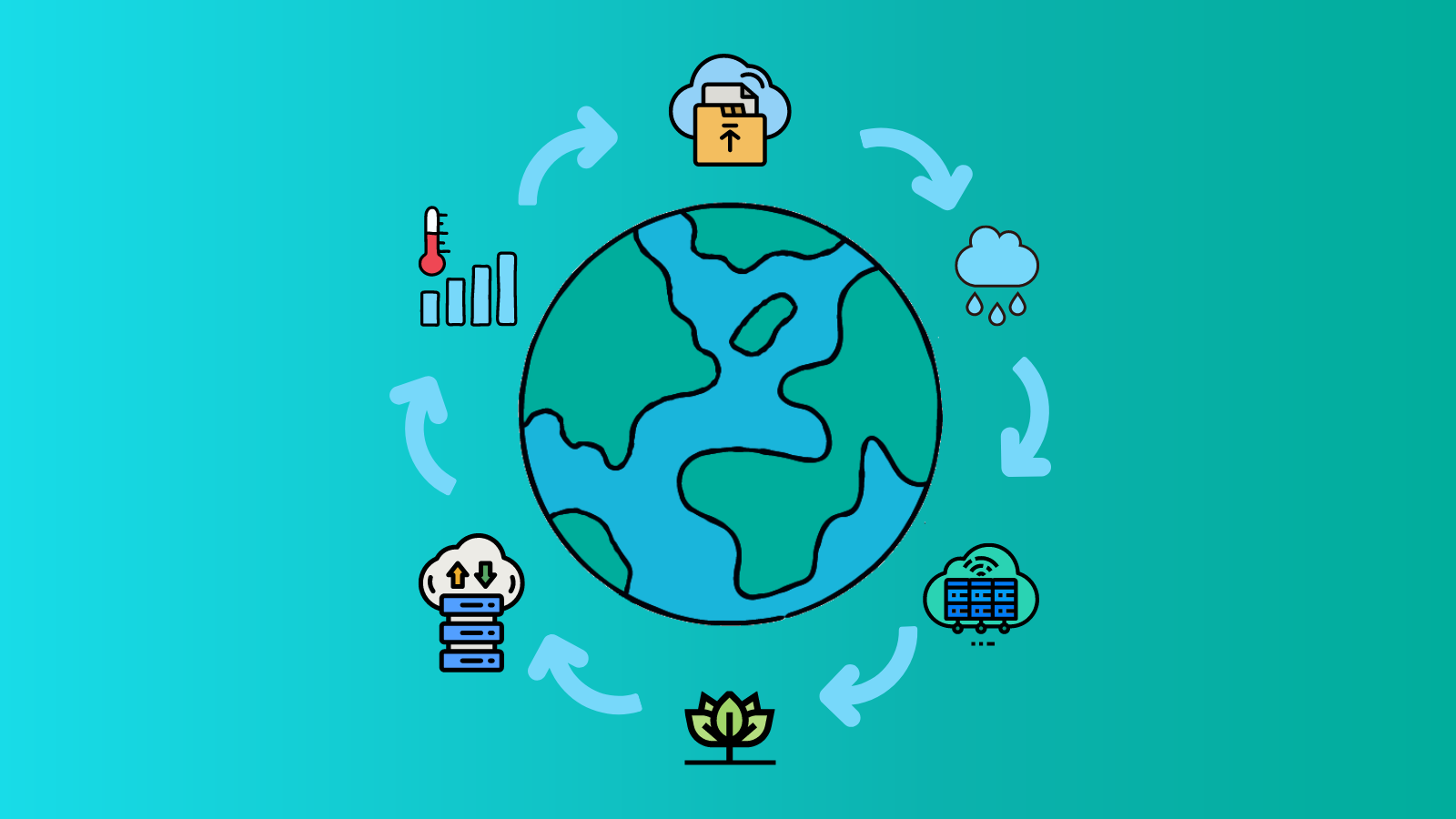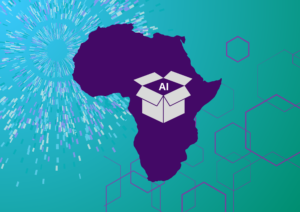As COP27 kicks off in Sharm El-Sheik, Egypt this week, many are discussing the potential of data to help us meet and more specifically track climate objectives. This blog takes a look at some of the initiatives to leverage data to address environmental challenges and shares some observations about what’s still missing to effectively leverage data in efforts to avert a climate crisis.
Writing in Le Monde Michael R. Bloomberg (UN Special Envoy for Climate Ambition & Solutions) and Nicolas Théry (chairman of Crédit Mutuel) have recently compared the lack of available data in the fight against climate change to “a traveler setting off for an unfamiliar destination without a map or GPS to follow.”
Without relevant and reliable information, governments and the private sector risk getting lost, but it’s not only about data availability. To fully unlock the value of data, responsible sharing and use are increasingly important. A recent report “What Gets Measured Gets Financed: Climate Finance Funding Flows and Opportunities” from the Rockefeller Foundation and Boston Consulting Group (BCG) finds the absence of data and data sharing is a “major roadblock” to achieving net zero emissions by 2050.
All governments and companies are confronted with the difficulty of setting the right balance between two opposing risks: on the one hand, excessively limiting the sharing of data reduces the many benefits that society as a whole – and individual actors – can derive from it; on the other hand, insufficient precautions have clear negative consequences. These may be in terms of commercial interests, security or privacy challenges when personal data is involved. While not unique to data sharing, the environmental impact digital technologies and particularly data storage can have on CO2 emissions also cannot be ignored.
Realizing the great potential of data to support climate action, may depend on how bold we wish to be in embracing new technology and innovative policy solutions to how we govern our use of data. Through the concept of the Datasphere, the Datasphere Initiative is encouraging a new approach that is less reactive, more systemic, and transdisciplinary. We believe that experimenting with new data policies and technological solutions could help us use data more intentionally and responsibly.
For example, when it comes to innovative models, regulatory or operational sandboxes are one such example that can help reduce regulatory uncertainty, assist emerging innovators, build capacity within and cooperation between regulators, and increase regulatory clarity and compliance. The Datasphere Initiative is starting work to explore the feasibility of sandboxes for data across sectors. Other technical models for data exchange can be witnessed through initiatives such as the SINE Foundation where interoperable and secure cross-industry standards for data exchange to facilitate ESG reporting are being explored.
With the urgency of the climate crisis, it is no surprise that there are a growing amount of initiatives working to leverage data to address environmental needs. Efforts vary from water management, tracking drought, and extreme weather, measuring pollution levels, or using data to increase transparency and monitor compliance with environmental laws and commitments. Below are a few examples of initiatives, from civil society, government, and the private sector. Some of these examples can also be found in the Datasphere Initiative’s Datasphere Governance Atlas.
Stakeholders at COP27 should consider these initiatives and be encouraged to think more holistically about how data and especially how we govern our use of it, play a role in the fight to avert more climate disasters in the years to come.
—
Amazonia Socioambiental
Amazonia Socioambiental is a coalition that comprises the Amazonian Network of Georeferenced Socio-Environmental Information and is a consortium of civil society organizations from the Amazon countries oriented to the socio-environmental sustainability of the Amazon. The RAISG generates and disseminates knowledge, statistical data and geospatial socio-environmental information of the Amazon, prepared with common protocols for all the countries of the region. Its work is the result of the cooperation of eight civil society organizations. It hosts a public data repository and uses visualization of energy and climate data on the Amazon to inform about the Amazon and the threats and pressures it faces.
California Data Collaborative (CaDC)
CaDC is a network of water professionals collaborating to create tools and applied research supporting planning and analysis. They envision a water industry inspired and empowered to make informed data-driven decisions responsive to tomorrow’s water needs.
Climate Data Steering Committee
An international public-private sector initiative launched with the French government. The Committee brings together individuals from international organizations, regulators, global standard setters, policymakers, and data service providers to advise how to Capture and Create Open, Centralized Climate Data to Accelerate the Transition Toward a Resilient, Net Zero Global Economy.
Microsoft’s AI for Good Lab
Microsoft’s AI for Good Lab has been using AI, machine learning, and statistical modeling to tackle climate change in partnership with nonprofits, research institutions, NGOs, and governments. A collaboration with Planet Labs and The Nature Conservancy will build the Global Renewables Watch – a living atlas intended to map and measure all utility-scale solar and wind installations on Earth using AI and satellite imagery.






